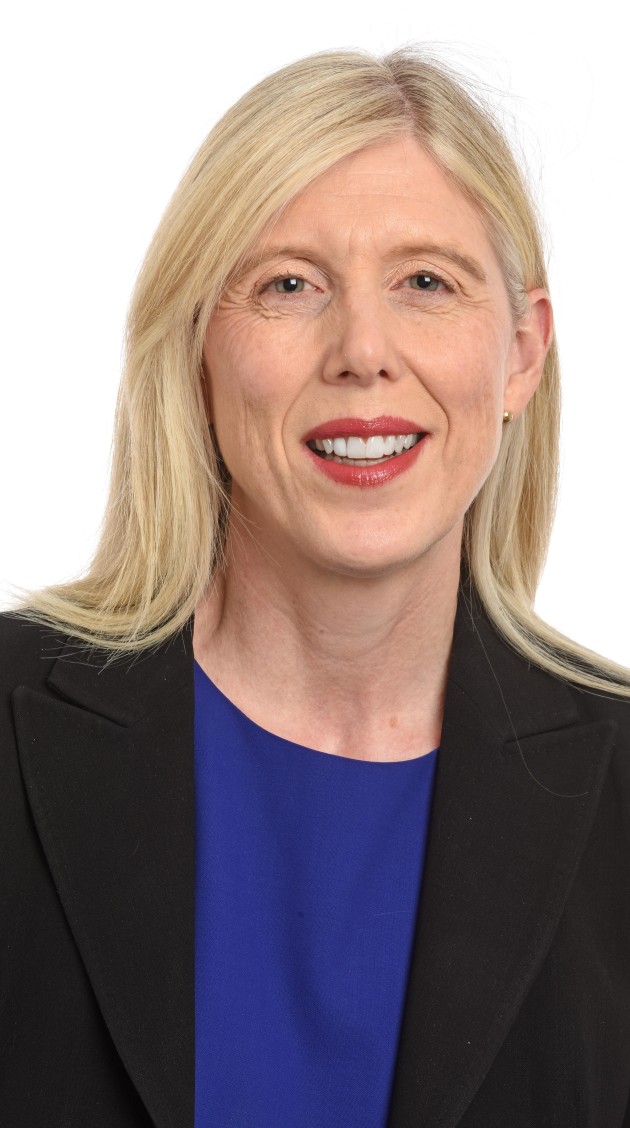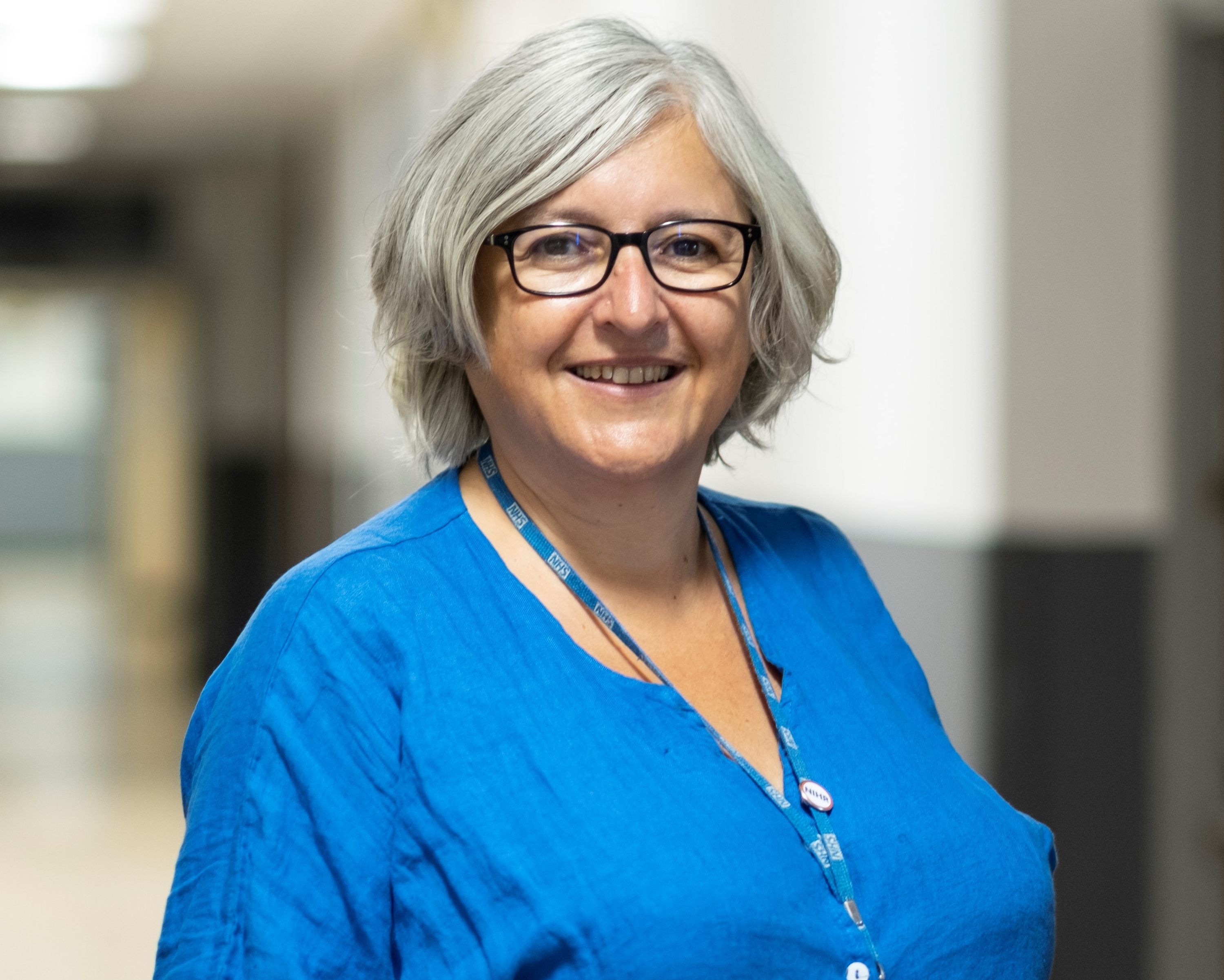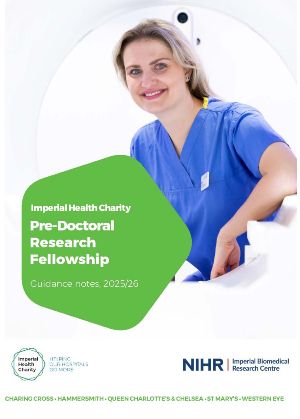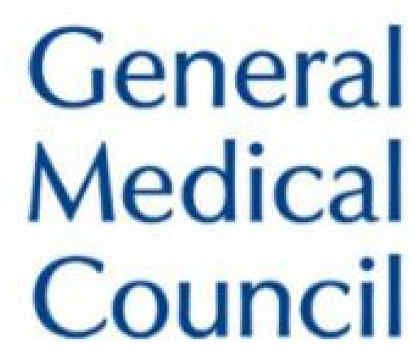 RESEARCH: SWALLOWING AFTER LARYNGECTOMY.
RESEARCH: SWALLOWING AFTER LARYNGECTOMY.
How did you get into research?
My area of clinical expertise is swallowing rehabilitation, I was always interested in participating in research but the opportunities to do so seemed limited for AHPs. Working in the US with leaders in my field who combined research with clinical work inspired me to think about a clinical research career. On my return to London, my research aspirations became a reality through the outstanding support I received at Imperial College Healthcare NHS Trust. This support enabled me to make a successful application to the NIHR for a Clinical Doctoral Fellowship - kick-starting my clinical academic career.
What do you enjoy about research?
Research is so much more exciting and far less daunting than I imagined. I love the discovery involved in research and the ability to make a meaningful and patient-directed difference to clinical care. For me, research opened up a whole new world of skills, which enhanced my clinical practice. For instance, to my surprise, I really enjoyed learning about statistical analysis. This skill now helps me understand the evidence underpinning practice in my field.
What was the most difficult aspect of doing your PhD?
I have to admit that I enjoyed every minute of my PhD even the tough parts. Writing up and submitting my thesis was probably the most difficult part of my PhD but there was such a sense of accomplishment once it was completed and papers were published in peer-reviewed journals.
What difference has your research training and experience made to your career?
My research training and experience has increased my career options. Having a PhD has led to several opportunities. I now have a clinical pathway career path which allows me to combine a clinical post with a research one. As a result of my PhD, I now have the opportunity to share my research nationally and internationally.
What has made a difference to progressing your research career?
- Being in the right place at the right time. Working at Imperial College Healthcare NHS Trust, part of the first Academic Health Science Centre in the UK allowed me to access the expertise and support to make my dreams of having a research career a reality.
- Identifying the right mentors who not only encouraged me but helped advise on funding applications and with preparation for clinical academic interviews.
- The ability to be an effective networker and promote my work has been fundamental to my development as a Clinical Academic. It’s also been invaluable to develop support from peers within and outside my profession.
How has research changed your clinical practice?
Research has made me a stronger, more considered clinician. I now know how to implement evidence-based practice to improve outcomes in a meaningful way. I have the skills to involve patients in research from the initial steps of designing a study to delivering the project together.
Where do you see your clinical academic career going over the next five years?
I definitely want to combine clinical work with research. I hope to complete a NIHR Clinical Lectureship and to be on my way to attaining a NIHR Senior Clinical Lectureship position. I also want to mentor other AHPs to see research as a viable and enjoyable career option.
Margaret Coffey, Honorary Senior Clinical Lecturer, Imperial College London, margaret.coffey10@imperial.ac.uk
To download Margaret's case study please click here: Margaret Coffey: Case Study (PDF)
Useful links
Contact us
The CATO Team and Radiographers Incubator work on a Hybrid model, combining days in the office with days working from home – the best way to reach us is by email.
cato@imperial.ac.uk
radresearch@imperial.ac.uk
+44 (0)20 3313 7397



